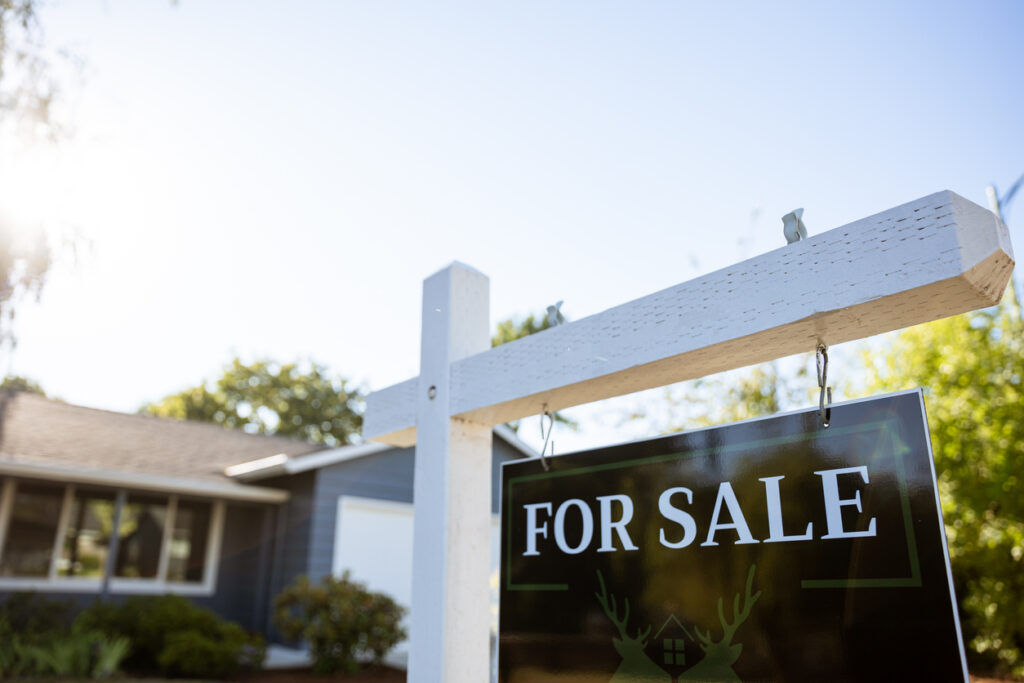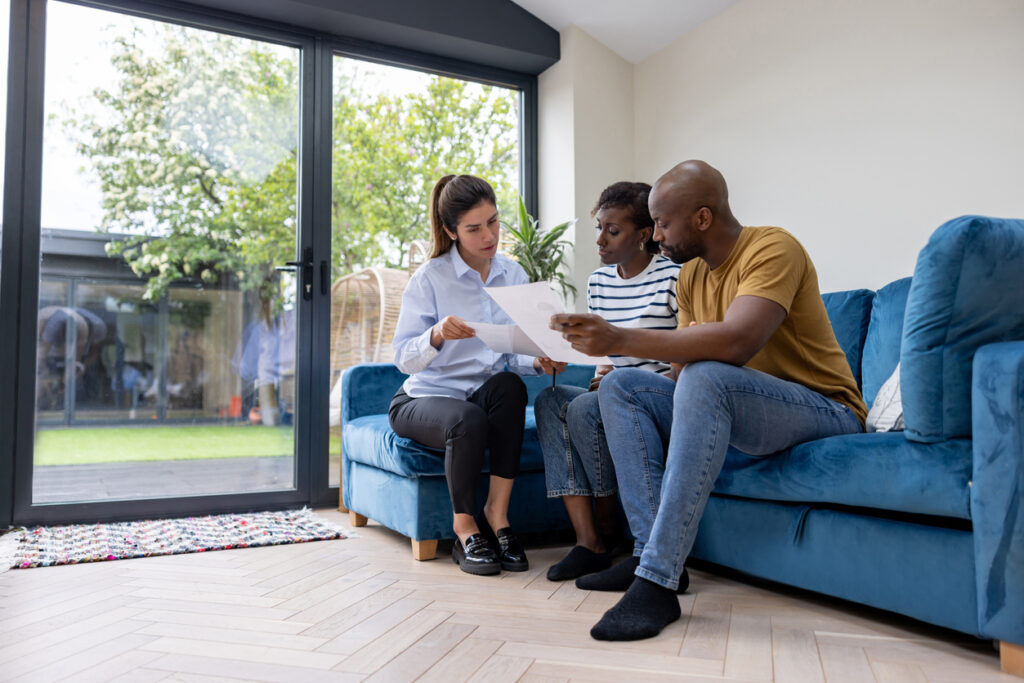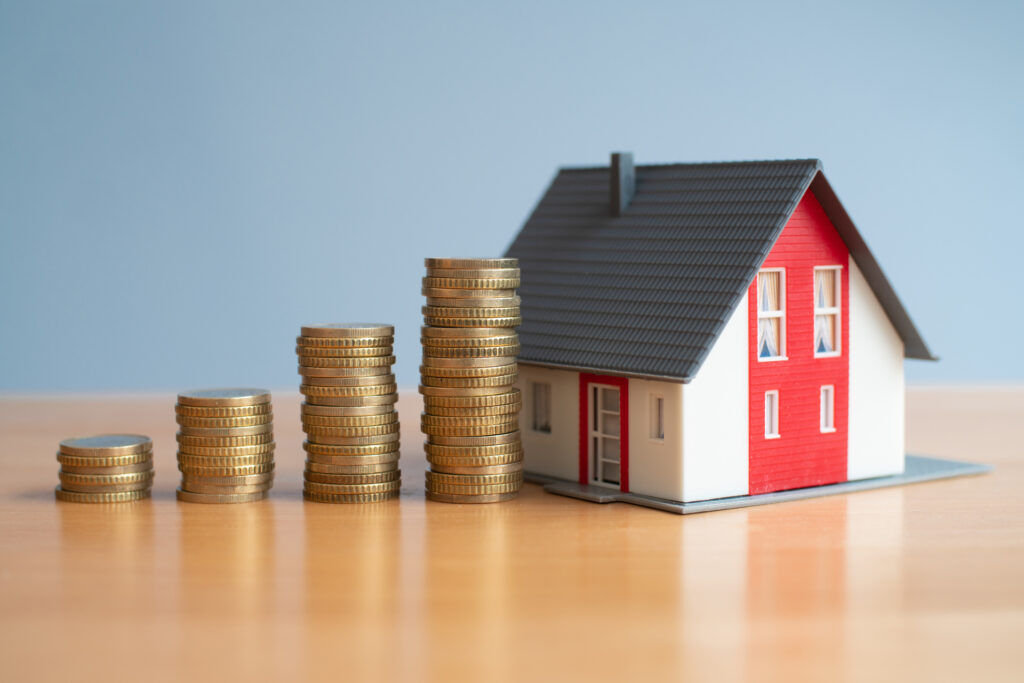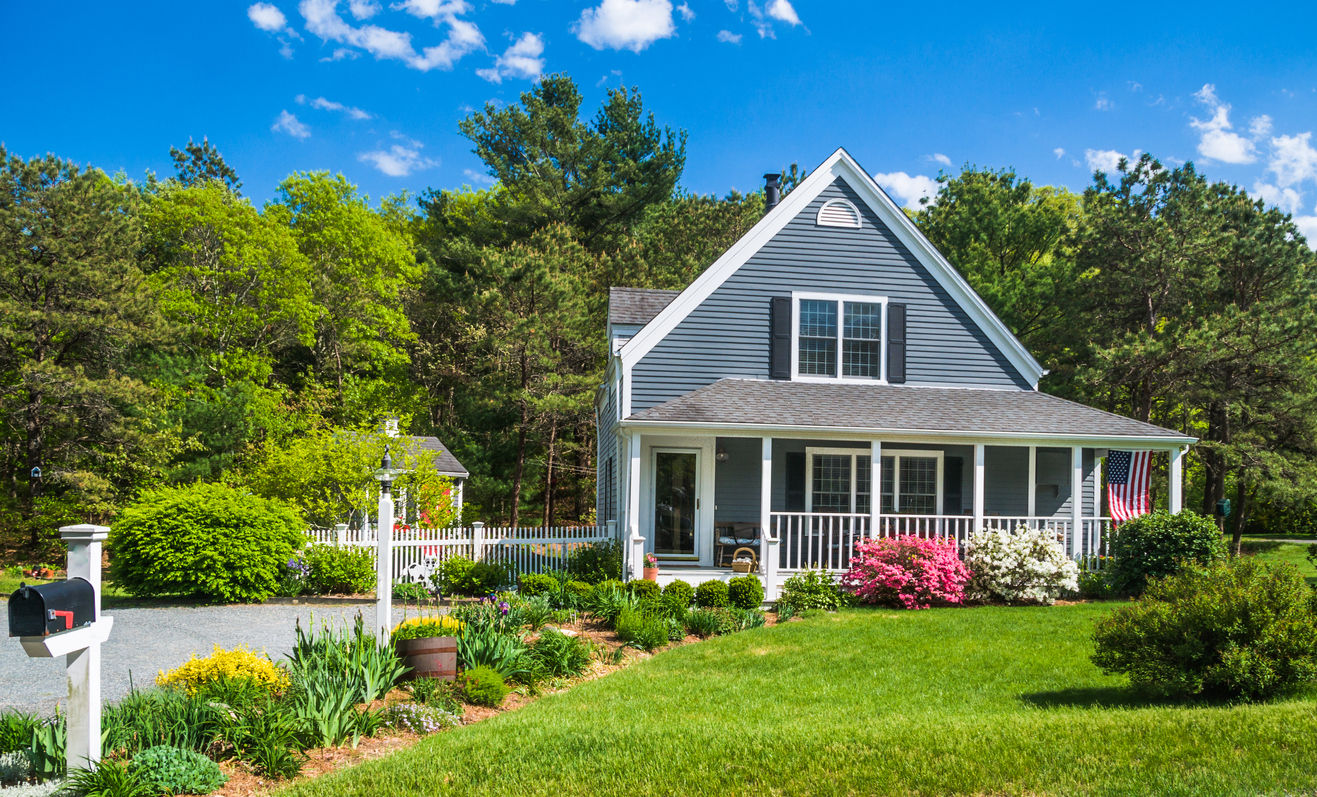House Not Selling? Here Are 5 Smart Moves to Make Today
“Homes that don’t sell aren’t necessarily unsellable, they just need the right strategy to find the right buyer,” said Aaron Gray, Sr., experienced Century21 Realtor and FastExpert partner.

Your house has been on the market for 30 days. The property has received thousands of online views, several saves, and a handful have shared the property with others, yet no offers have been received. What gives? What is the problem? Why hasn’t the home sold yet? How much longer will it take?
These are valid questions, and this article will provide some practical solutions to help move your home from “for sale” to “sold.”
I Feel Your Pain
Selling a property can be an emotional roller coaster. Seeing what appears to be great performance online that does not translate into written offers can be very frustrating.
No one has a real estate crystal ball. No one can predict with 100% certainty how long it will take for a property to sell. There are many factors that go into marketing a property for sale to prospective buyers. When a property is properly priced and positioned, it will sell quickly under most circumstances.
So, why has your property not received an offer? Before we dive into the five options, understand this: you are not alone. Many property owners have hired a real estate agent with eagerness, great anticipation, and high hopes of receiving one or more offers, only to find their property sitting and not selling. So, what can you do when your house is not selling?
Before we get into the two most common solutions (price and curb appeal), let’s explore three smart moves when your house is not selling that often get overlooked, but can make all the difference.
1. Sweeten the Pot
Everyone loves free stuff, and buyers are no exception. As the saying goes, if it’s free, it’s for me. People love the idea of receiving discounts or getting something of value at a bargain price. Incentives can make your listing stand out and help push a buyer from “maybe” to “yes.”
Seller Concessions
Consider sweetening the deal with buyer concessions, which are incentives offered from the seller to the buyer that help offset some of the cost of the home.
Consider offering money towards the buyer’s closing costs, a home warranty, or money towards the buyer’s service providers.
Another creative option that will incentivize real estate agents is a selling bonus for the brokerage that secures a full price during a designated time period.
Include Valuable Extras
Items traditionally included with the sale of the home are a refrigerator, oven, dishwasher, and washer/dryer. As an added bonus, consider offering the buyer a nice Keurig, air fryer, or advanced home security system.
These items might not cost you much, or may be items the seller no longer needs, but they can be seen as major wins for buyers.
Get Creative
If a seller or the seller’s agent has any information on the buyer’s likes, hobbies, occupation, favorite sports team, or other intel, this could lend to some creative sweeteners.
Consider personalized incentives such as:
- First-class airline tickets
- Concert, Broadway, or sporting event passes
- A weekend getaway
- Home cleaning or lawn services for a year
- Personal chef for Sunday dinners
- A few months with a personal trainer
Thinking outside the box of regular concessions can create a buzz and help your property stand out.

2. Expand your Marketing Efforts
All marketing plans are not the same. Some agents take a passive marketing approach. They list the property on the MLS, put a for sale sign on the lawn, host an open house, and then sit back and passively wait for a buyer.
The multiple listing service (MLS) is just one item in an aggressive marketing plan; the MLS and a yard sign aren’t enough in today’s market. If your agent is taking a passive approach, it’s time to turn up the volume.
Get Active
If your house is not selling, it’s essential to go beyond traditional marketing methods and take an active approach in marketing your home.
Your neighbors are a key demographic to target when selling your home. Often, your neighbors will have family or friends interested in moving to your neighborhood and have just been waiting for the right opportunity.
An active approach when selling your home could involve an email marketing campaign to your neighbors within a certain proximity to your property that announces the house is for sale and highlights the best parts of the property.
Following up the email with a phone call can expand the connection and tap into the power of word-of-mouth.
3. Consider Hiring a New Agent
Okay, let’s face reality, all agents are not created equal.
The agent and real estate brokerage you hire to help you market and sell your property matter a lot. You may have heard the saying, “The home sold itself.” While this may seem true, it is limited in scope.
Yes, it is true some homes will receive one or more offers regardless of the agent. Even the smartest smart home can’t sell itself—it still needs the right representation.
Are You Getting What You Need?
According to the National Association of REALTORS® (NAR) 2024 Profile of Home Buyers and Sellers, 81% of sellers used the first agent they spoke with.
That means most sellers are going with the only agent they meet—a staggering figure. Couple this with the fact that more than 70% of active agents did not sell one home in 2024. It is possible that your agent is the reason your house isn’t selling.

Don’t Jump Ship Too Fast
There are many good agents in the industry, and your house may not sell for legitimate reasons. If your agent seems to be effectively marketing your property, the agent may not be the issue. Do not act hastily. Review the feedback received from previous showings. Do you see a common thread? Perhaps the feedback is painting a picture of your property’s reality.
Take a critical eye to your house and talk to your agent about what could be changed to increase the chances of a sale.
Property owners tend to look to the professional they hired and place all the blame on them. Sometimes the blame is properly placed. More often than not, it is improperly placed, and the agent becomes the scapegoat for a slow market or an extremely idealistic client.
Get a Second Opinion
Before you hire a new agent, ask for a second opinion.
Another seasoned agent (ideally someone with at least 5 years of experience and a proven track record) can evaluate your listing objectively.
You could also request an opinion from any agent you choose, but choose wisely. Remember, more than 70% of them didn’t sell a single property in the previous years.
Make sure you do some research on the second opinion agent.

4. Improve Your Curb Appeal
First impressions last longest. When potential buyers pull up to your property, this can make or break whether or not they want to even tour your property. Some data suggests it takes a buyer only 8 seconds to be wowed by a property.
This means you, as a seller, need to make sure you hook the buyer in those 8 seconds.
Landscaping
Make sure the lawn is freshly manicured, the hedges nicely sculpted, and the flowerbeds are well dressed. Even small improvements can make your home more inviting. If weather allows, consider how you can add color for a vibrant, inviting touch.
If you live in a condo without a lawn, consider what you can do at the entrance of your door or building to make it feel inviting.
Exterior finishes
If your house isn’t selling, a fresh coat of paint can elevate your property’s look, taking it from dull and drab to looking like a fresh rehab.
Also, consider ways to deep clean the home’s exterior.
Power wash siding and/or your deck. Clean the inside and outside of the windows and wash the screens. Shiny, clean windows improve a home’s appearance beyond measure. They give a home a warm and inviting feel.
Lastly, accent lighting for nighttime photos and visits works wonders.
External Obsolescence
This term refers to items beyond your property, which you cannot control, and may be the reason your house isn’t selling.
Remember, curb appeal is the first impression. The home may very well be amazing, but the neighborhood itself, the block, or even the houses next to your property may be spoiling your sale.
If your property is showroom-ready, and a potential buyer pulls up while the neighbor is blasting loud music, this may give the buyer a sour impression. Or perhaps there’s a group of people who hang out on a nearby corner. This may leave a buyer feeling unsettled about your neighborhood and may sabotage your home sale.
Be aware of external obsolescence and consider what modifications you can make to accommodate for this. Perhaps the addition of noise-mitigating landscaping or a security fence will make buyers feel more drawn to your home.

5. Reevaluate the Price
Finally, the price may be the reason the house isn’t selling.
The price may not always be the problem, but it can be the solution.
Your property may be priced appropriately based on condition and recent sales. However, buyers may still not want to pay the price. Your property may be at the top of their budget. Uncertainty regarding affordability, or employment, what is happening politically, as well as other factors, may also play into their decision. However, at a different price, your property could be ideal.
Final Thoughts
If your house isn’t selling, you’re not out of options. From creative incentives to rethinking your agent or pricing strategy, there are plenty of alternatives.
If you’re feeling stuck, take a fresh look at your listing.
Need a second opinion? Reach out to a FastExpert agent today. Reposition, re-strategize, and get your property sold!





